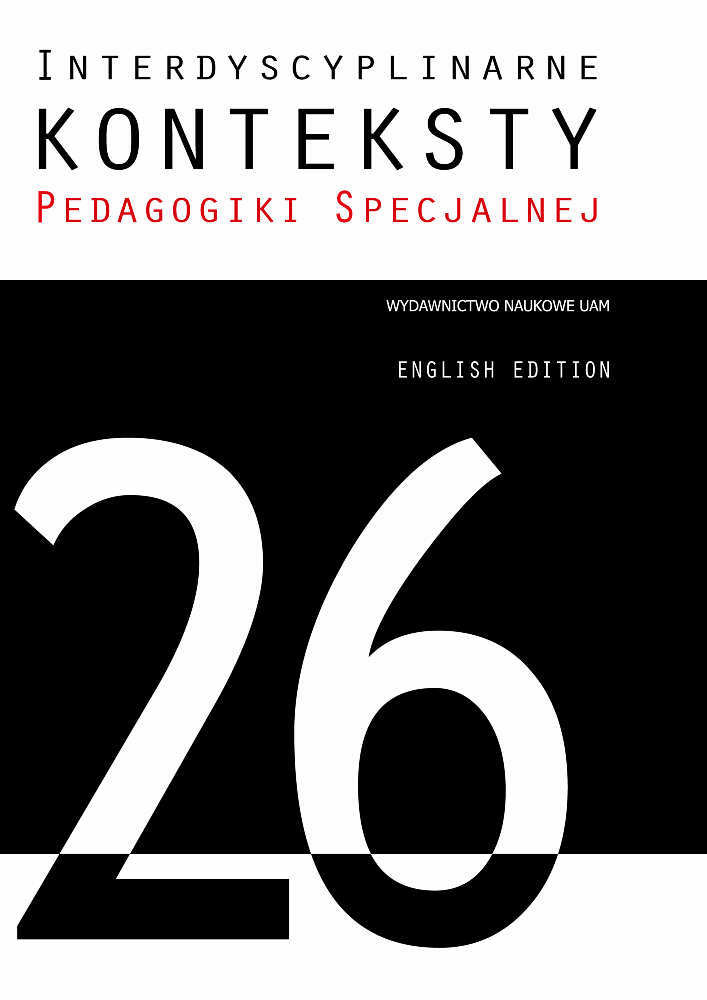Nr 26 (2019)
Opublikowany 2019 września 15
ARTYKUŁY
15–38
39–58
59–80
81–102
103–124
125–142
143–162
163–190
191–215
217–235
237–254
255–269
271–293
205–318
319–341
343–368
389–403
369–388
405–439
